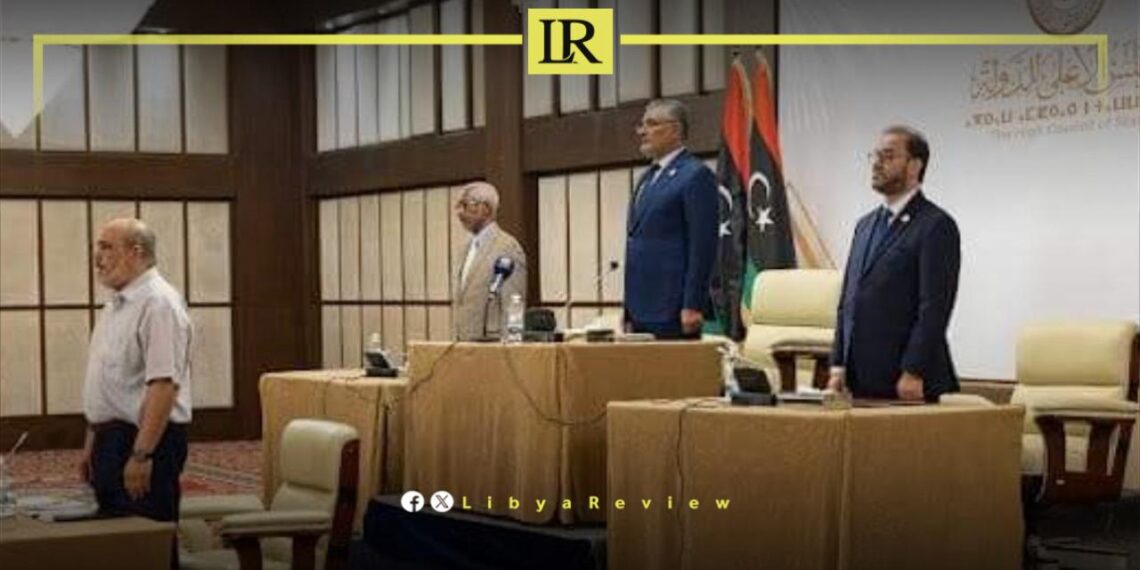On Monday, the High Council of State (HCS) voted to reject the general budget approved by the House of Representatives (HoR) last Wednesday. According to Saad bin Sharada, a member of the HCS, 63 out of 75 members present voted against the budget.
The High Council of State claimed the HoR’s approval violated the political agreement, highlighting procedural and substantive breaches, particularly the failure to consult the SCS and the violation of the political agreement and the constitutional declaration.
Bin Sharada criticized the budget for exacerbating political divisions in Libya, noting it accommodates two separate budgets for two different governments.
In response to the HoR’s budget approval, Fathallah Al-Sariri, another HCS member, revealed three significant steps the High Council of State intends to take: filing a judicial appeal against the budget, initiating a process to form a unified, smaller government, and appointing officials to sovereign positions.
The dispute over the budget reflects deeper political fractures in Libya, which has been divided between rival administrations in the east and west since the fall of Muammar Gaddafi in 2011. The HCS’s rejection underscores the ongoing struggle for political consensus and the challenges in creating a unified national government.
The budget approved by the HoR has been contentious. During the official session last Wednesday, the HoR added allocations amounting to nearly 89 billion Libyan dinars, amid warnings from economic experts like Dr. Mohamed Ahmed, who predicted a potential deficit of up to $33 billion. The decision has drawn criticism, with some seeing it as deepening the political rift in the country.
According to Al-Sariri, the budget was passed without the necessary consultations with the HCS, violating the agreed-upon political and constitutional frameworks. The HCS aims to address these violations by proposing the formation of a unified government and appointing officials to key sovereign roles, crucial steps towards national stability.


